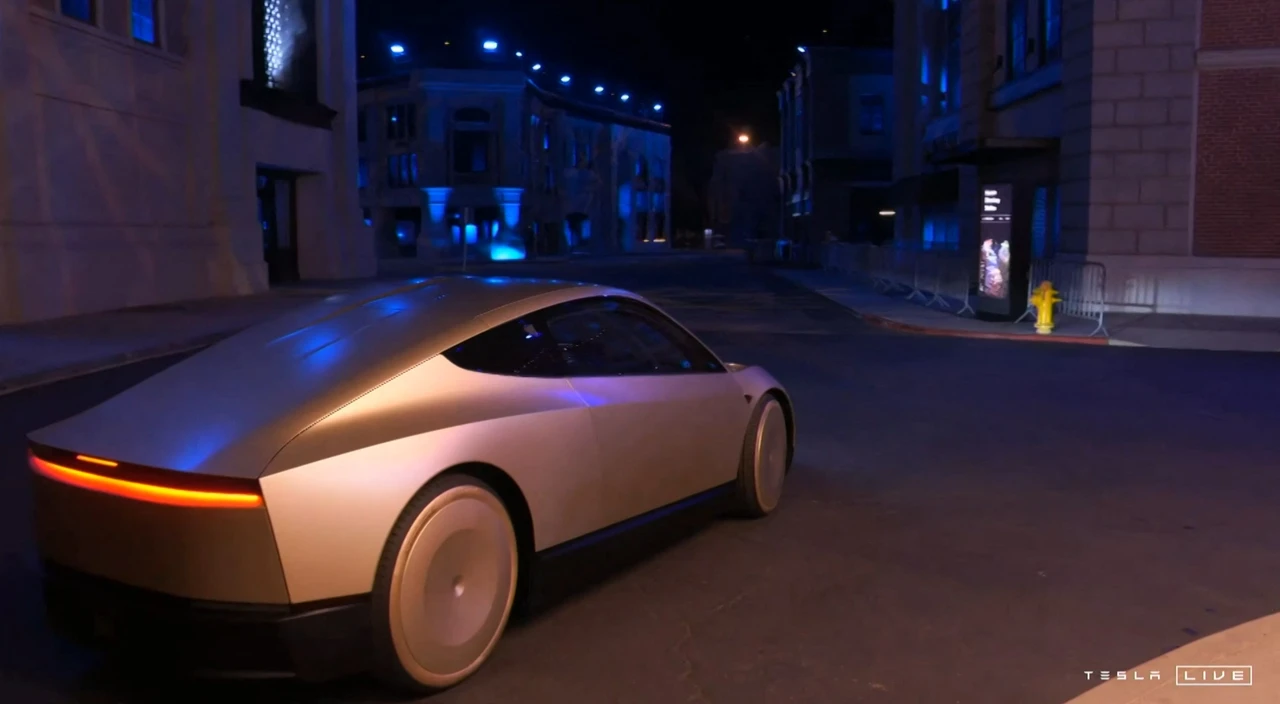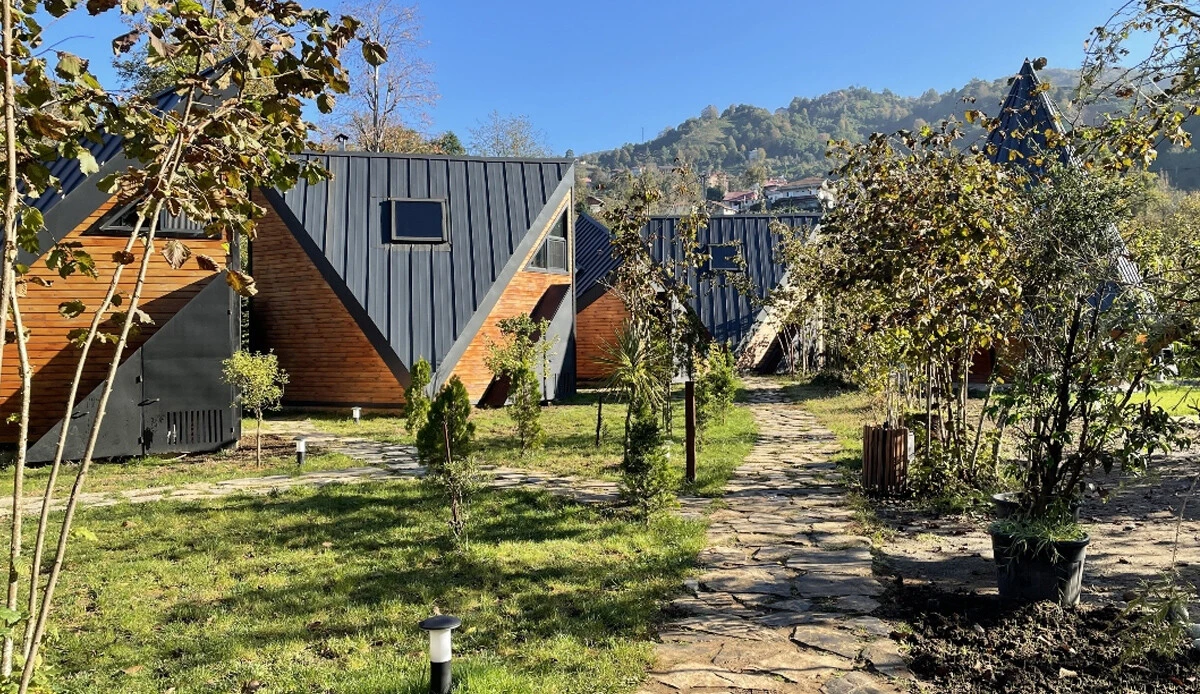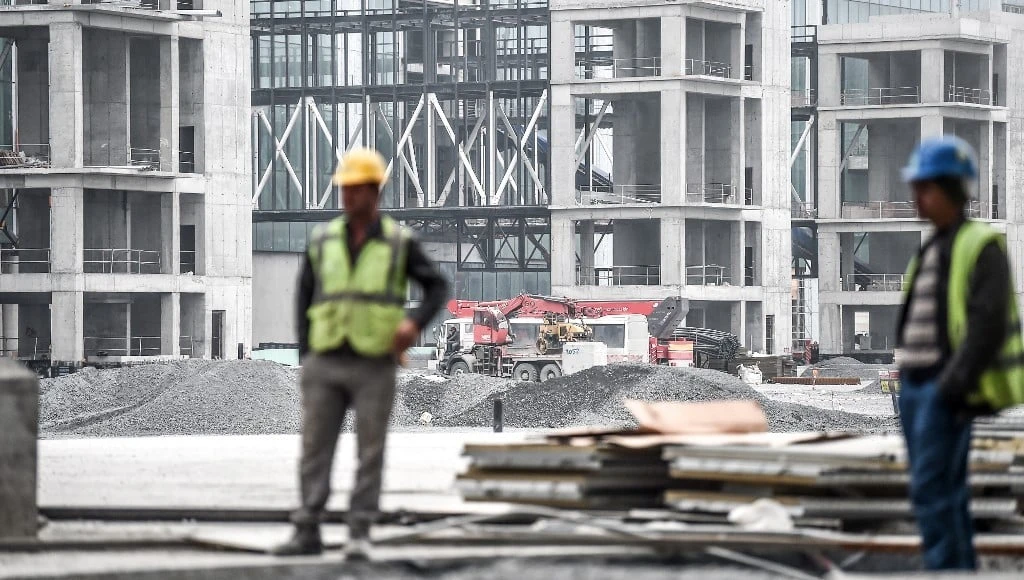Major automakers fall short on transparency in battery metal sourcing, Amnesty says
 Video grab obtained 10 October, 2024 shows Tesla CEO Elon Musk's long-promised robotaxi during a launch event at the Warner Brothers studio lot near Los Angeles. (AFP Photo)
Video grab obtained 10 October, 2024 shows Tesla CEO Elon Musk's long-promised robotaxi during a launch event at the Warner Brothers studio lot near Los Angeles. (AFP Photo)
Major electric vehicle manufacturers are not doing enough to protect workers and communities from exploitation and environmental harm in the production of metals used for batteries, Amnesty International said Tuesday.
In a report, the global human rights organization assessed 13 car manufacturers on their transparency in demonstrating whether their supply chains for critical battery metals, such as cobalt and nickel, met international human rights standards.
“The huge rise in demand for the metals needed to make electric vehicle batteries is putting immense pressures on mining-affected communities,” Amnesty’s Secretary General, Agnes Callamard, said. “The human rights abuses tied to the extraction of energy transition minerals are alarming and pervasive and the industry’s response is sorely lacking.”
Amnesty’s report urged car makers to address the risks in their supply chains, including forced evictions, environmental pollution, disrupted access to water, and the abuse of Indigenous peoples’ rights. While the organization acknowledged progress in the sector since its first report in 2017, it stressed that much more remains to be done.
German carmaker Mercedes-Benz received the highest score in Amnesty’s ratings, followed by U.S.-based electric vehicle giant Tesla. At the other end of the spectrum, Chinese firm BYD, along with Mitsubishi Motors and Hyundai, were among the lowest scorers.
“The commitments these companies report on are often vague and provide little evidence of meaningful action,” Callamard said.
Amnesty’s report also highlighted recent human rights concerns in the Democratic Republic of Congo (DRC) and the Philippines. In September 2023, the organization accused multinational companies of evicting and intimidating residents near cobalt mines in the DRC. Additionally, the report documented violations targeting Indigenous people linked to nickel extraction in the Philippines.
Callamard urged governments to step in and strengthen regulations on companies’ efforts to uphold human rights standards within their supply chains.
As the demand for electric vehicles continues to grow, Amnesty stressed the need for the industry to take concrete action to ensure that the push for a greener future does not come at the cost of human dignity and environmental sustainability.



